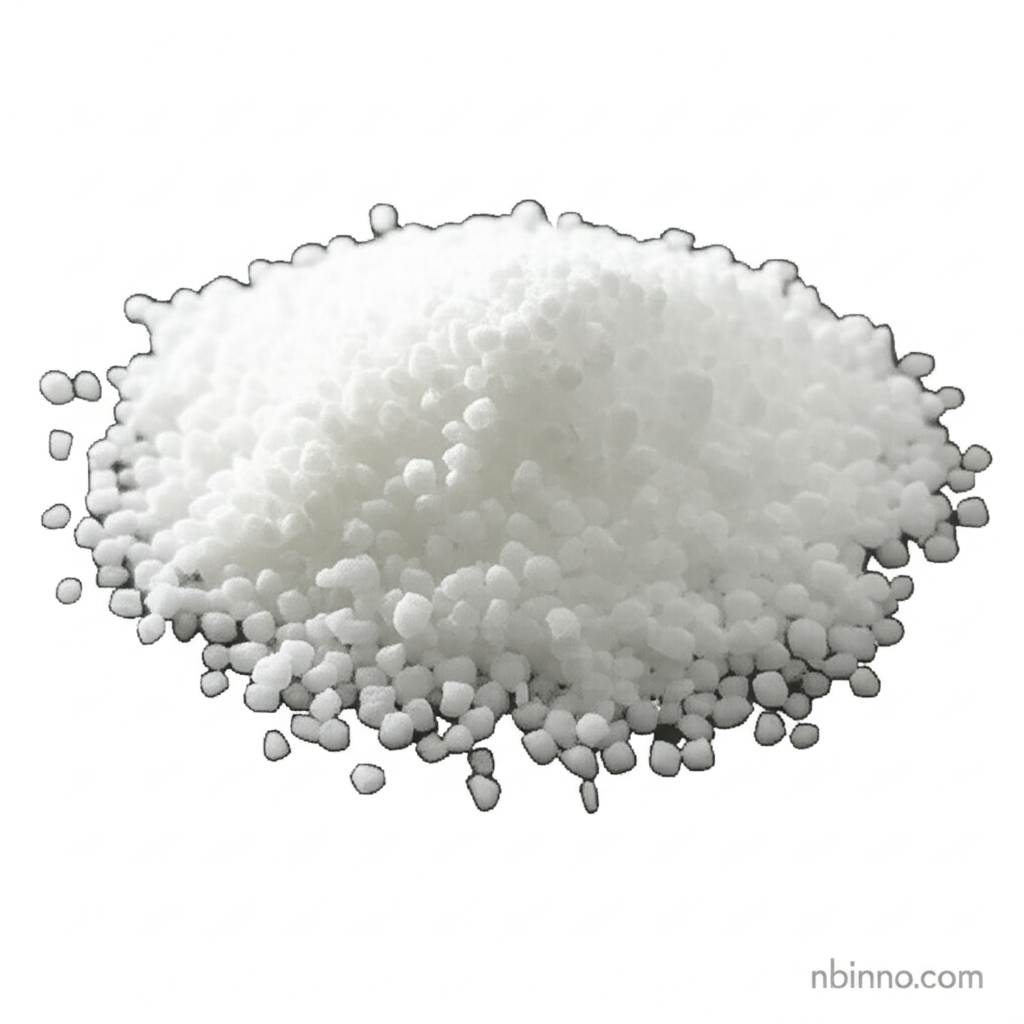Adipic Acid: A Versatile Dicarboxylic Acid for Industrial and Food Applications
Explore the structure, uses, and significance of hexanedioic acid in modern industry and food production.
Get a Quote & SampleProduct Core Value

Adipic Acid
Adipic acid, chemically known as hexanedioic acid, is a foundational organic compound that plays a pivotal role in numerous industrial and consumer products. Its unique dicarboxylic acid structure makes it an indispensable component in the synthesis of advanced materials and everyday consumables.
- Hexanedioic acid applications span across critical sectors, most notably as a primary precursor for nylon 6-6, a widely used polymer known for its strength and durability.
- Discover the diverse adipic acid industrial uses, including its significant role in the production of polyurethanes, plasticizers for PVC, and various coatings.
- As a food additive, adipic acid provides essential functions such as a gelling agent and acidulant, enhancing the texture and flavor profile of jams, gelatin desserts, and beverages.
- Understanding the adipic acid environmental impact is crucial, with ongoing efforts to mitigate N2O emissions during its large-scale production processes.
Key Advantages
Versatile Polymer Precursor
Adipic acid's primary role as a key precursor for nylon 6-6 production underscores its importance in the textile and manufacturing industries, providing materials for fibers, plastics, and more.
Food and Beverage Enhancement
As a food additive, adipic acid contributes to the appealing characteristics of various products, acting as a gelling aid and providing a desirable tartness and pH regulation.
Industrial Chemical Backbone
Beyond nylon, the compound serves as a building block for other polymers like polyurethanes and is instrumental in creating essential industrial chemicals such as plasticizers and detergents.
Key Applications
Nylon Manufacturing
Adipic acid is vital for the polycondensation reaction with hexamethylene diamine to create nylon 6-6, utilized in fibers, carpets, and engineering plastics.
Food & Beverages
It acts as an acidulant and gelling agent in jellies, jams, and powdered drink mixes, providing tartness and improving texture.
Polyurethanes
Adipic acid is a monomer in the synthesis of polyurethanes, which are used in foams, elastomers, and coatings.
Plasticizers
Its esters are employed as plasticizers, particularly for PVC, to enhance flexibility and workability in various plastic products.
